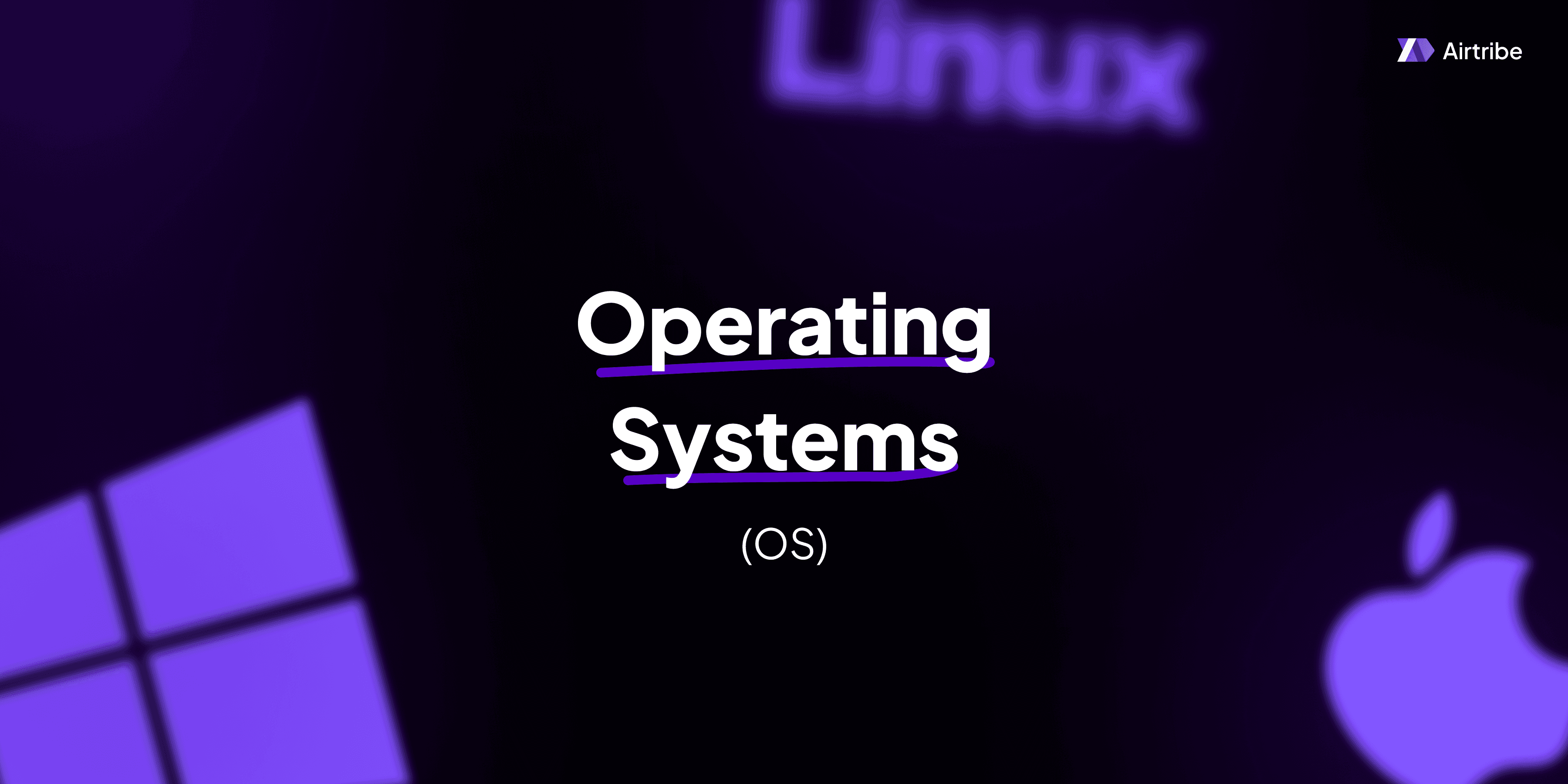Multiprogramming and Multitasking OS

Understanding Multiprogramming and Multitasking in Operating Systems
Operating Systems (OS) form the backbone of computing, serving as an interface between the user and computer hardware. Among the many functionalities an OS provides, multiprogramming and multitasking are pivotal in enhancing system efficiency and user experience. These concepts are fundamental in today's computing environment, whereby multiple processes require concurrent handling to maximize productivity.
Core Concepts and Theory
Multiprogramming
Multiprogramming is a method used to enhance CPU utilization by organizing jobs (code and data) so that the CPU always has one to execute. The OS keeps several jobs in memory simultaneously. This method allows a single processor to keep multiple tasks in its vicinity, allocating time slices effectively to minimize idle time. The primary goal is to improve resource usage.
- Mechanism: When one program is waiting for I/O [Input/Output], the CPU can switch to another program rather than sitting idle.
- Advantages:
- Better CPU Utilization: Reducing the waiting time for the CPU, minimizing idle times.
- Efficient Memory Use: More programs in memory means more even resource distribution.
- Limitations:
- Complexity in OS: Requires advanced scheduling and memory management.
- Potential for Thrashing: Too many programs can burden resources.
Multitasking (Time-sharing)
Multitasking extends the principles of multiprogramming by allowing multiple tasks (or jobs) to share system resources efficiently, giving a semblance that they are executing simultaneously. The focus here is on responsiveness and user interaction.
Preemptive Multitasking: The OS decides when a context switch should occur, allowing more control over the processes.
Cooperative Multitasking: Each task decides when to give up CPU control, depending on its execution needs.
Advantages:
- Increased Responsiveness: Users can interact with multiple applications simultaneously without noticeable delay.
- Better Throughput: More jobs can be completed in a timeframe due to efficient resource management.
Challenges:
- More Overhead: Frequent context switching can increase processing requirements.
- Complex Scheduling: Efficient scheduling algorithms are needed to manage priorities and resources.
Practical Applications
Multiprogramming and multitasking are omnipresent in modern operating systems across different devices and domains:
- Desktop OS: Windows, macOS, and Linux implement these concepts to allow users to run multiple applications like browsers, word processors, and games simultaneously.
- Mobile OS: Android and iOS handle apps in the background while allowing users to interact with a foreground app efficiently.
- Server OS: UNIX and Windows Server manage numerous services and requests concurrently, crucial for web hosting and data handling.
Code Implementation and Demonstrations
Implementation of multiprogramming and multitasking relies on operating system kernels and is deeply embedded in OS development. Below is a simplified pseudo-code illustrating how an OS scheduler might handle multitasking through a process queue:
function schedule_tasks(process_queue):
while process_queue is not empty:
process = process_queue.pop_front()
allocate_time_slice(process) # Assign CPU time
if process needs_more_time:
if not met_deadline(process):
prioritize_process(process)
process_queue.push_back(process) # Add back to queue
Comparison and Analysis
| Feature | Multiprogramming | Multitasking |
|---|---|---|
| Primary Focus | Maximizing CPU utilization | Improving user responsiveness |
| Execution Context | Jobs (batch processing) | Tasks (interactive apps) |
| OS Involvement | Limited user intervention | High level of user interaction |
| Example OS | Mainframe Systems | Modern Desktop and Mobile OS |
Additional Resources and References
For further reading and a deeper understanding of multiprogramming and multitasking within operating systems, consider the following resources:
Books:
- "Operating System Concepts" by Abraham Silberschatz, Peter B. Galvin, and Greg Gagne.
- "Modern Operating Systems" by Andrew S. Tanenbaum.
Online Courses:
Understanding the mechanisms of multiprogramming and multitasking allows us to appreciate the complexity and efficiency of modern computing. As technology evolves, these concepts will continue to play a crucial role in the development of intelligent and performant operating systems.


